Top Vegan Diet Mistakes You Should Avoid
The vegan diet, when well-planned, can offer numerous health benefits, including lower risks of heart disease, high blood pressure, and certain types of cancer. However, transitioning to a vegan lifestyle involves more than just eliminating animal products from your plate. It requires a comprehensive understanding of nutrition to ensure that your body receives the essential nutrients it needs. Here are some common mistakes people make when adopting a vegan diet and how to avoid them.
1. Insufficient Protein Intake
Protein is crucial for building and repairing tissues, making enzymes, and supporting immune function. While many people associate protein with animal products, there are plenty of plant-based protein sources available. However, new vegans often underestimate their protein needs or fail to include diverse sources of plant-based proteins in their diet.
Solution:
Incorporate a variety of protein-rich foods such as legumes (lentils, chickpeas, and beans), tofu, tempeh, seitan, quinoa, and nuts into your meals. Aim for a balanced intake throughout the day to ensure you’re meeting your protein needs.
2. Over-reliance on Processed Vegan Foods
The market for vegan foods has expanded significantly, offering a variety of convenient options. However, many processed vegan foods, such as vegan cheeses, meat substitutes, and snacks, are high in sodium, sugars, and unhealthy fats. Relying too much on these products can lead to nutritional imbalances and even weight gain.
Solution:
Focus on whole, unprocessed foods as the foundation of your diet. When choosing processed options, read labels carefully and opt for products with minimal additives, and prioritize nutrient-dense whole foods like fruits, vegetables, whole grains, and legumes.
3. Ignoring Vitamin B12
Vitamin B12 is essential for nerve function and the production of DNA and red blood cells. It is naturally found in animal products, making it a common deficiency among vegans if not addressed properly. A lack of vitamin B12 can lead to anemia, fatigue, and neurological issues.
Solution:
Vegans should consume fortified foods such as plant-based milks, breakfast cereals, and nutritional yeast, or take a vitamin B12 supplement to meet their daily requirements.
4. Neglecting Omega-3 Fatty Acids
Omega-3 fatty acids play a crucial role in brain health and reducing inflammation. While fish is a primary source of omega-3s, vegans can obtain them from plant-based sources. However, these sources are often overlooked, leading to potential deficiencies.
Solution:
Include flaxseeds, chia seeds, hemp seeds, and walnuts in your diet to boost your intake of alpha-linolenic acid (ALA), a type of omega-3. Consider taking an algae-based DHA and EPA supplement, which are the active forms of omega-3s used by the body.
5. Skipping Iron-Rich Foods
Iron is vital for transporting oxygen in the blood and maintaining energy levels. Plant-based iron, known as non-heme iron, is not absorbed as efficiently as heme iron from animal sources. This can lead to iron deficiency anemia if not properly managed.
Solution:
Consume iron-rich plant foods like lentils, beans, tofu, quinoa, and spinach. Enhance absorption by pairing these foods with vitamin C-rich sources, such as bell peppers, citrus fruits, and strawberries.
6. Failing to Plan Meals
Without proper planning, a vegan diet can become monotonous or nutritionally inadequate. Meal planning helps ensure variety and balance, preventing nutrient deficiencies and making veganism more sustainable.
Solution:
Set aside time each week to plan meals, ensuring a diverse range of nutrients. Use resources such as vegan cookbooks, blogs, and meal planning apps to explore new recipes and ideas.
7. Not Eating Enough Calories
Plant-based foods tend to be lower in calories than animal products, which can lead to calorie deficits if you’re not careful. This can result in fatigue, weight loss, and nutritional deficiencies.
Solution:
Ensure you’re eating enough to meet your energy needs. Include higher-calorie plant foods like avocados, nuts, seeds, and whole grains to maintain a balanced calorie intake.
8. Overlooking Calcium and Vitamin D
Calcium and vitamin D are important for maintaining bone health. While dairy products are a common source of calcium, vegans need to find alternative sources. Additionally, vitamin D is crucial for calcium absorption.
Solution:
Consume calcium-fortified plant-based milks, tofu, almonds, and leafy greens. Spend time outdoors for natural vitamin D or consider a supplement, especially during the winter months or for those with limited sun exposure.
9. Focusing Solely on Macronutrients
It’s easy to get caught up in the macronutrient game, focusing solely on proteins, fats, and carbohydrates. However, micronutrients like vitamins and minerals are just as crucial for overall health and well-being.
Solution:
Ensure a colorful plate with a variety of fruits and vegetables to provide essential vitamins and minerals. Pay attention to nutrient density rather than just macronutrient ratios.
10. Neglecting Hydration
Hydration is often overlooked in any diet, but it is especially important in a high-fiber vegan diet. Adequate water intake supports digestion and overall health.
Solution:
Drink plenty of water throughout the day, aiming for at least eight 8-ounce glasses. Herbal teas and water-rich fruits and vegetables also contribute to your daily fluid intake.
Conclusion
Transitioning to a vegan diet can be a rewarding journey toward better health and ethical living. By being mindful of these common pitfalls and taking proactive steps to avoid them, you can enjoy a balanced, nutrient-rich vegan diet that supports your overall well-being. Remember, it’s not just about eliminating animal products but about embracing a diverse and nutritious plant-based lifestyle.




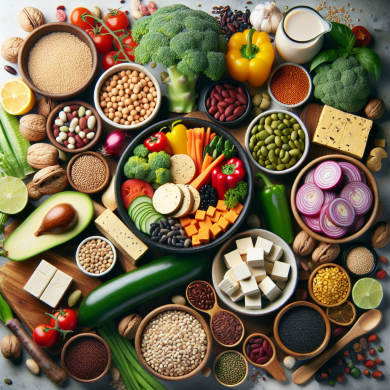
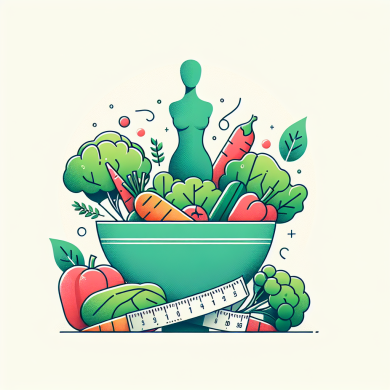
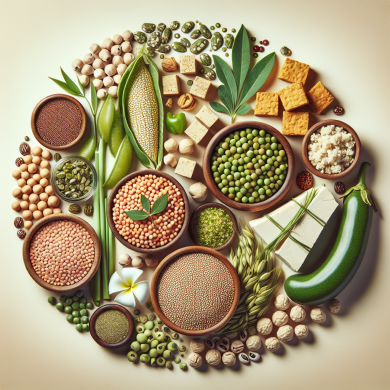
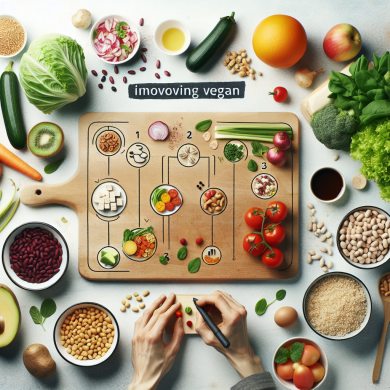
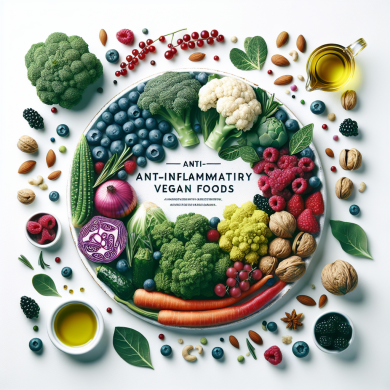






Add comment